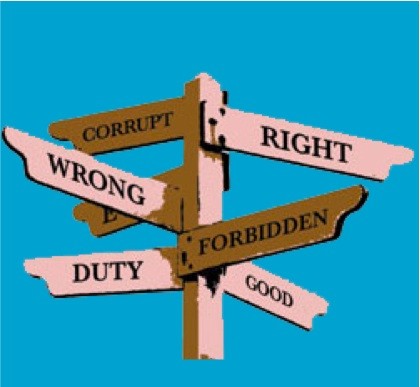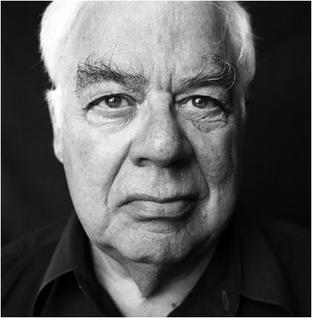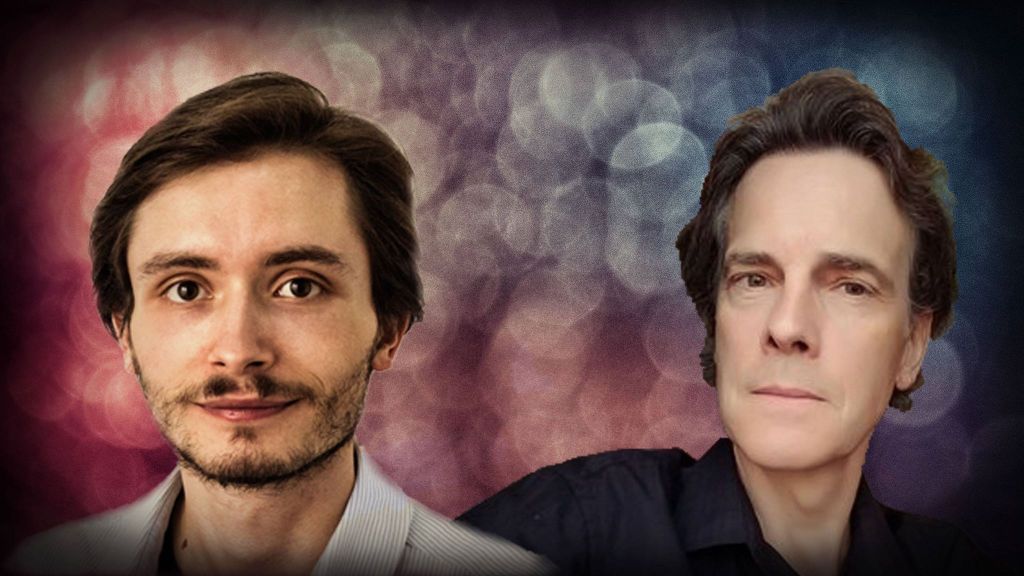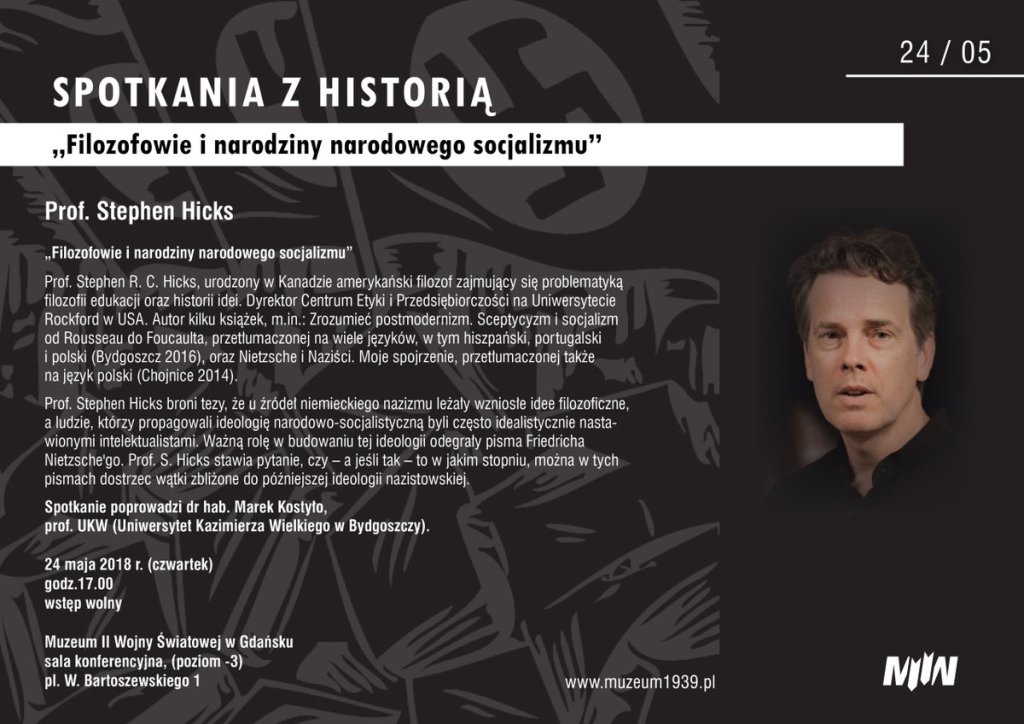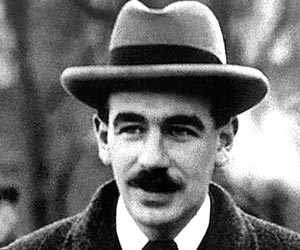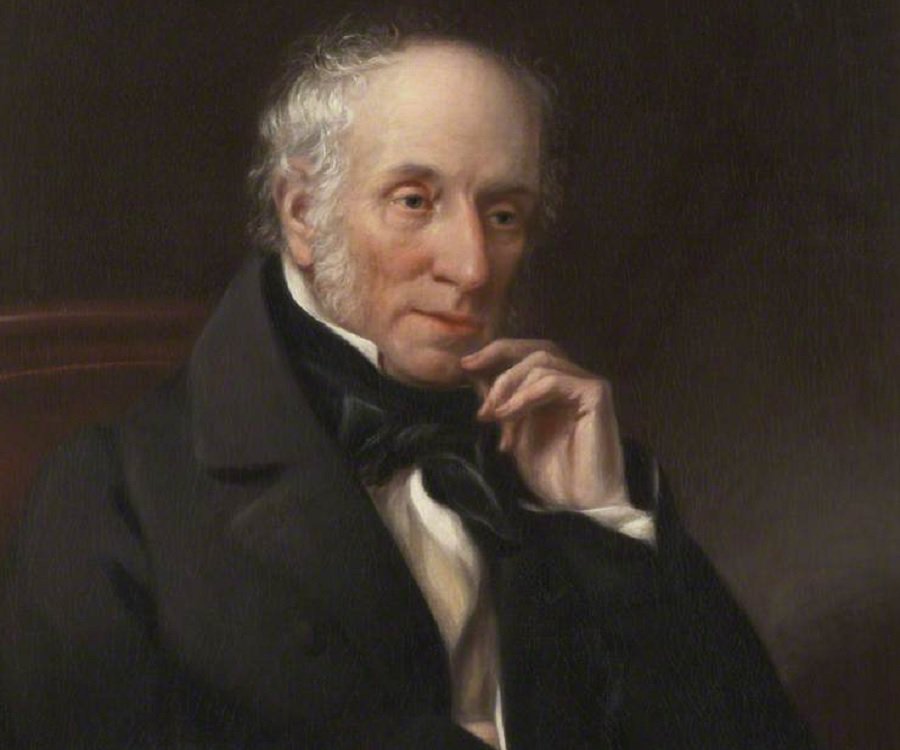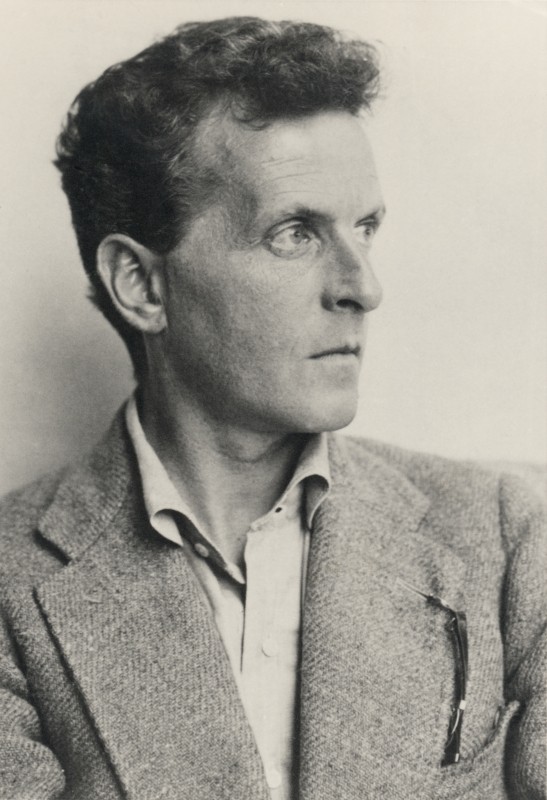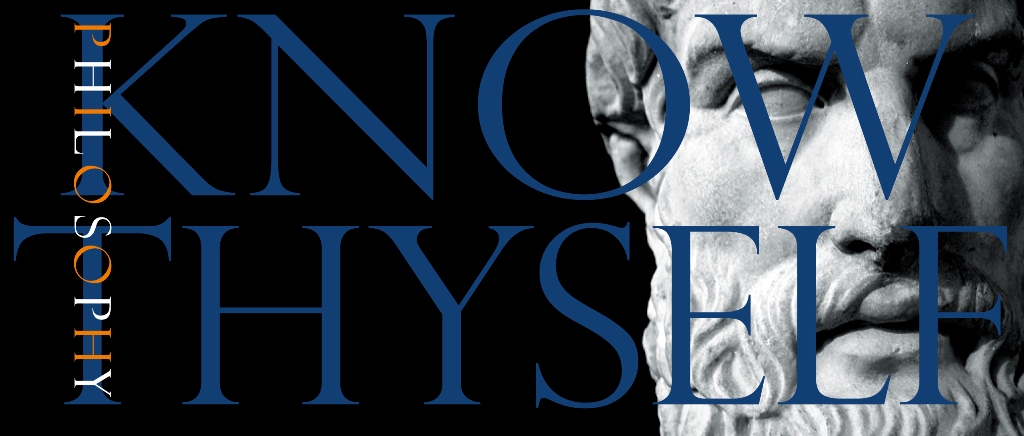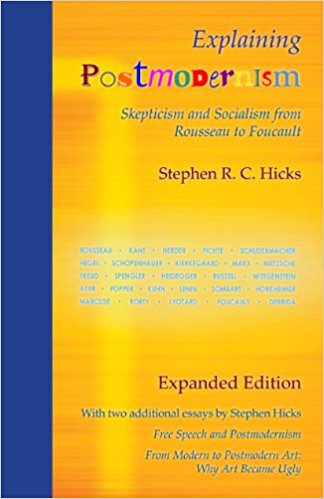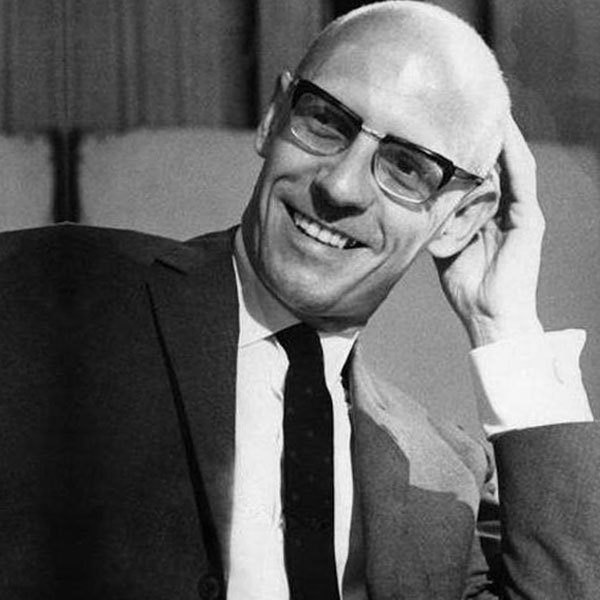“On Natural Morality and Religious Amoralism” [CHURCH and STATE]
My “On Natural Morality and Religious Amoralism” is now republished at Britain’s Church and State site: “… religious belief is often autobiographical. That is, all religions have many messages and practices — some peaceful, some violent, and so on — and individuals choose among them to put together a personal religion that reflects the morality […]
“On Natural Morality and Religious Amoralism” [CHURCH and STATE] Read More »
